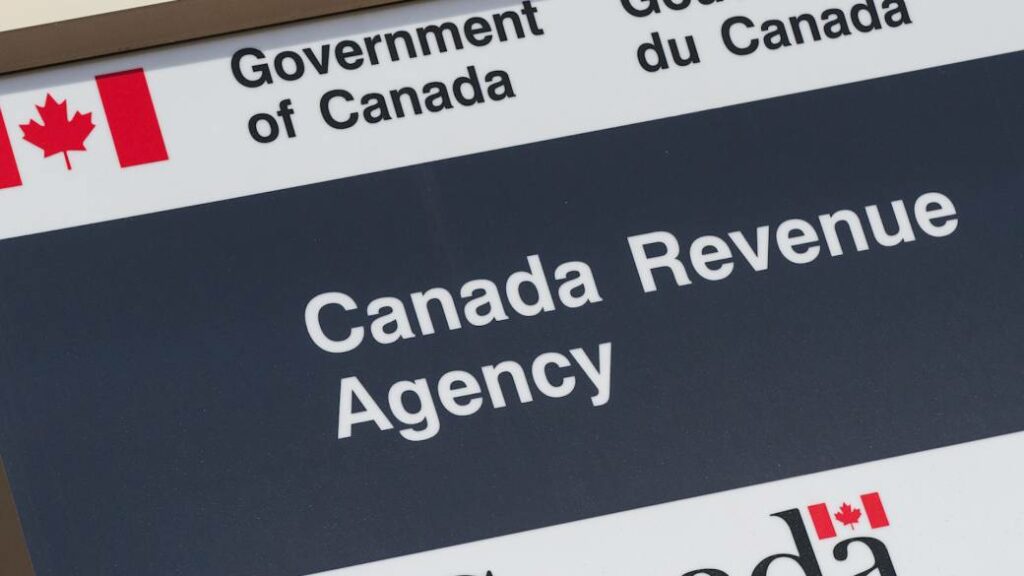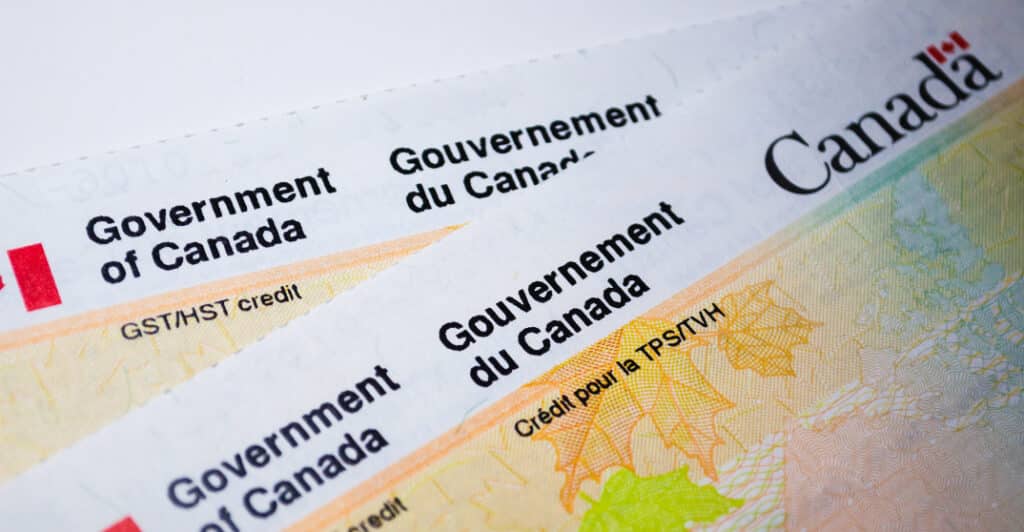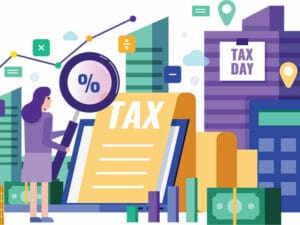Do Canadian Expats Pay Taxes?
If you are looking to invest as an expat or high-net-worth individual, which is what I specialize in, you can email me (advice@adamfayed.com) or use WhatsApp (+44-7393-450-837).
This article isn’t tax advice, and the facts might have changed since we wrote this article.
Introduction
The short answer is maybe.
Your tax responsibilities to Canada are mostly determined by your residence status. Because of this, it’s usually a good idea to confirm your residency status if you want to live or work overseas. This is due to the possibility that you may still owe income tax, even if you stay or work overseas, depending on your residency status.
Your residence status is decided by the Canadian Revenue Agency based on whether you intend to travel abroad permanently or just briefly.
In Canada, there are two different kinds of resident status:
- Resident
- Non-resident
Tax Rules for Canadian Expats with Resident Status
If the CRA determines that you are a Canadian resident, you must pay income tax on all income generated anywhere in the globe. Even if you work temporarily outside of Canada, you must still pay federal and territorial taxes. The amount of tax you pay is determined on your earnings.
As a Canadian resident, you must file a T1 tax return each year, covering your income and expenses from January 1 to December 31. It should be noted that the annual deadline for submitting tax returns and paying income taxes is April 30th.
When completing your tax returns as a resident, you must declare your income received outside of Canada. This is due to the fact that even though the income will be taxed in Canada, if you have previously paid taxes outside of Canada, you may be able to claim a foreign tax credit for it.

Tax Rules for Canadian Expats with Non-Resident Status
If you don’t keep up close residential links to Canada and aren’t a deemed resident, you’d be regarded as a non-resident.
Even if you are a non-resident, you will still be required to pay withholding tax on net income that is obtained from Canada, such as pension plans and investment income from your employer, payments from Old Age Security and Canada Pension, etc.
Non-residents who migrate permanently from Canada are likely to be subject to a departure tax, which is determined by applying the marginal rate to the taxable capital gains that would have been realized if all of their Canadian assets had been sold. They will also have to submit Form T1243, the departure tax return.
The form is for those who ceased being residents of Canada throughout the year and were considered to have sold the property when they departed the country.
Details on capital gains (or losses) for the properties non-residents were presumed to have sold are included on the form. It should be noted that paying a departure tax has no effect on your citizenship.
However, it is advised to seek legal advice from a qualified tax attorney before determining whether to maintain residence links with Canada.
If you are a Canadian citizen residing abroad, you must report your net foreign income when submitting your tax returns in order to be eligible for non-refundable tax credits.
Therefore, even though you won’t be paying income tax, it will have an impact on the amount of non-refundable tax credits you are eligible to claim in Canada.
Let’s say you are a non-resident and 90% of your income came from sources within Canada and 10% from sources outside the country. In such instance, up to $12,069 of your income is eligible for tax-free treatment.
However, if you received more than 10% of your total income from sources outside of Canada, you will not be qualified for the tax-free income.
Non-residents who receive property, dividend, royalty, or gross rent income in Canada are liable to a 25 percent federal tax on that income. Nevertheless, the CRA may lower the tax rate in accordance with the appropriate tax treaty between Canada and your place of residence.
Following are the several types of Canadian residents:
Deemed Residents
Individuals who stay in Canada for at least 183 days and are not a resident of another nation are deemed residents of Canada. They may not have major residential links, but they are considered Canadian citizens. A tie-breaker rule will apply if the individual is also a resident of another nation with whom Canada has a tax treaty.
Factual Residents
Even when they travel overseas, factual residents of Canada have strong home links to Canada. For example, the CRA considers you a factual resident if you are among Canadians who work abroad for four months and spend the rest of the year in Canada.
Members of the Canadian armed services and government employees stationed overseas keep their resident status regardless of their time in Canada or residential ties.
What Determines a Person’s Residency Status?
When determining an individual’s residence status, the CRA takes various variables into account, including:
- If you own a home in Canada
- If you are married to or have a common-law partner in Canada
- If you have dependents who are Canadian residents
- If you own real estate in Canada
- If you have a Canadian passport, bank account, driver’s license, and health insurance
- The length of time spent in Canada
- Your plans for travel
- Your selected permanent address

Tax Reliefs You Should Know as a Canadian Expat
Foreign Tax Relief
In general, any foreign tax paid in Canada is available as credits. If you’ve previously paid foreign tax, this is to avoid double taxation. The overseas tax credit, on the other hand, differs based on the foreign nation in which you live.
Provincial Foreign Tax Credit Relief
This form of tax credit is only available for foreign taxes paid in excess of the amount permitted for non-business foreign income taxes.
Double Tax Treaties
A tax agreement with Canada has been signed with several developed and developing nations. With the exception of those that were signed before 1971, all of the accords follow the OECD model treaty. Currently, Canada and about 95 other nations have double taxation agreements in place.
How To File Canadian Taxes While Living Abroad
Tax duties, such as submitting returns, remain unchanged for a Canadian working overseas. However, there are several options for filing your Canadian tax returns outside of Canada. Among them are:
Using CRA-certified tax software to electronically file your tax returns.
Filling out the paper forms available on the CRA’s official website and mailing them to a tax office near you.
If you have a low or fixed income, you can utilize ‘File My Return’ to file your taxes over the phone or go to a community tax clinic.
When submitting your tax returns, keep in mind to include your personal information and to disclose all untaxed income. To lower your tax liability, you can also claim credits and deductions.
Tax Rules for Canadian Expats in the US
Depending on how long you spend in the USA as a Canadian employee, your tax liabilities may change. Here’s how to determine your tax liability, if you started working in the US three years ago:
- For the first year, each day that you spent in the US counts as 1/6 of a day.
- For the second year, each day that you spent in the US counts as 1/3 of a day.
- For the third or current year, each day that you spent in the US counts as one day.
Let’s say you’ve spent at least 31 days in the current year and the overall number of days is 183 or more. You will thereafter be regarded as a US resident for tax reasons and be required to pay US taxes.
Pained by financial indecision? Want to invest with Adam?

Adam is an internationally recognised author on financial matters with over 830million answer views on Quora, a widely sold book on Amazon, and a contributor on Forbes.



